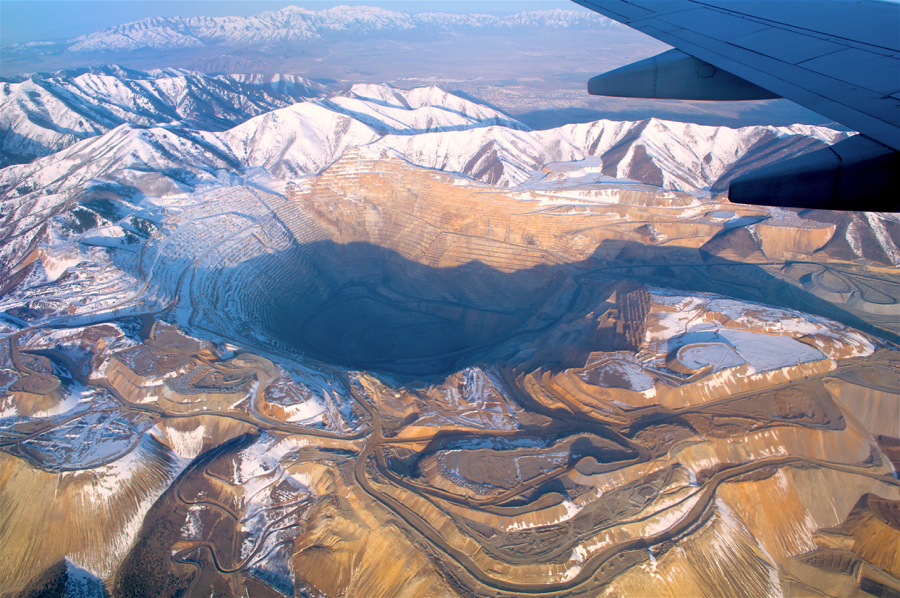Rio Tinto's Kennecott wins clean air lawsuit in the US
A US court has ruled in favour of Rio Tinto's (LON, ASX:RIO) Kennecott in a lawsuit over alleged pollution at its Bingham Canyon copper mine, located in Utah.
The charges were brought forward in Sep. 2013 by a coalition of environmental groups including the Sierra Club, Utah Physicians for a Healthy Environment, Utah Moms for Clean Air and WildEarth Guardians, which claimed the operation was exceeding the maximum amount of pollutants accepted by Salt Lake County under the Clean Air Act.
Bingham Canyon mine has produced more copper than any other operation in history - more than 19 million tonnes.In particular, they said the state wasn't authorized to approve a 2011 permit allowing Kennecott to expand operations because such plan violated the mentioned act.
But federal judge Robert Shelby said that the state granted Kennecott all the necessary permits each time it increased the amount of materials at the mine, without violating any laws.
"If Citizen Groups believe either federal or state actors should do more, or are failing to honor their responsibilities, then they may direct their arguments to those actors through the appropriate avenues," Shelby wrote on his summary judgment.
Visible from outer space, the Bingham Canyon is the world's deepest open-pit mine. First discovered by Mormon pioneers in the mid-1800s, it is over 1.2 km deep, 4 km wide and covers 7.7 km ?.
A massive slide at the mine three years ago slowed, but did not stop, Rio's plans to extend the mine's life by another decade, to 2029. The company says there's still as much ore in the ground as miners have taken out of Bingham Canyon since it began production in 1906.
It is estimated that the mine has produced more copper than any mine in history - more than 19 million tonnes.


A massive slide at the mine three years ago slowed, but did not stopped, Rio's plans to extend the mine's life by another decade. (Image: Wikimedia Commons)